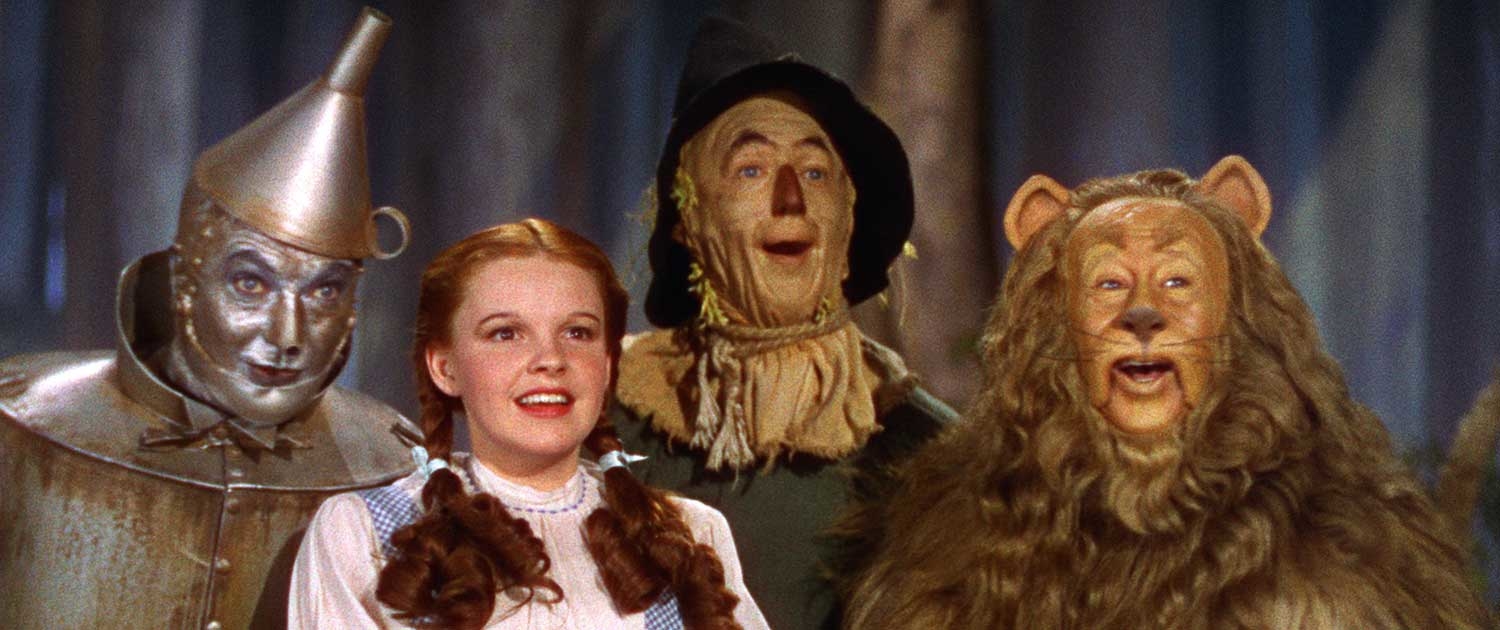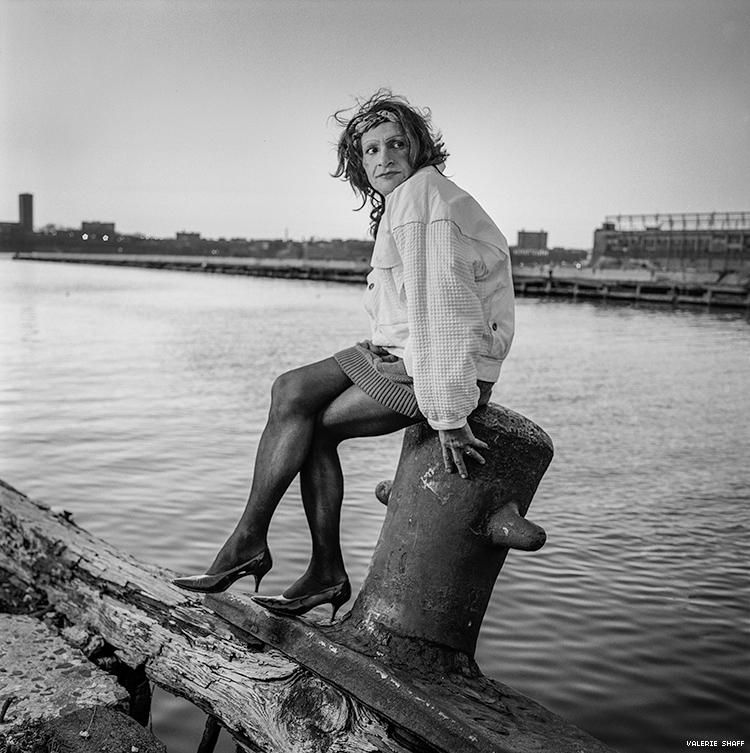“How about you? Are you a friend of Dorothy?”
A code adopted by gay men and LGBTQ+ individuals in general to subtly disclose your identity to another, “friend of Dorothy” is widely considered to originate with Judy Garland.
Judy Garland (born Frances Ethel Gumm) was an actress and singer most famous for The Wizard of Oz (1939) but starred in many other successful films such as Meet Me in St. Louis (1944) and A Star Is Born (1954).
Garland is adored by the LGBTQ+ community for this phrase, her human rights advocacy, her connection to the Stonewall Riots, and her history as a gay icon.
And the strong possibility that she was queer herself.
Since today, June 10th, is her birthday – and June is LGBTQ+ Pride Month (along with the upcoming Stonewall anniversary on the 28th) – let’s take a look into what makes Garland such a gay icon.
Let’s go over the rainbow.
Judy Garland’s Connection to Queers

Garland’s connection to gay and LGBTQ+ folks was no secret. She publicly went to gay bars with openly gay Hollywood stars George Cukor, Roger Edens, and Charles Walters.
Garland was heavily involved in the LGBTQ+ community and suffered for it.
In 1967 Time magazine made the disparaging statement that a “disproportionate part of her nightly claque seems to be homosexual” in the review of one of Garland’s performances. Further condemning her audience saying that her gay fans idolized her because she had the power and masculinity they wish that they had.
Which is a slap in the face both ways.
Garland was highly aware of her queer fanbase, too. And she showed open approval of them. During a press conference in San Francisco in August 1965, she was asked what she thought of her large gay audience, to which she replied:
“I couldn’t care less. I sing to people!”
Or another quote of hers from Kup’s Show in September 1976, when asked about her queer fans:
“For so many years I’ve been misquoted and treated rather brutally by the press, but I’ll be damned if I’ll have my audience mistreated.”
This positive, supportive attitude is mirrored by her series of marriages and affairs with gay and bisexual men. Including:
- Tyrone Power
- Vincente Minelli
- Mark Herron
- Mickey Deans
Not to mention her alleged bisexuality herself.
Many hints and nudges have been given over the years to imply the stunning Ms. Garland was bisexual, one of the biggest factors being her close relationship with Betty Asher.
Although her queerness was never confirmed, it remains a point of pride for LGBTQ+ people, particularly bisexuals.
It’s worth mentioning, however, that many queer people never confirmed their identities at that time. Being open was rare enough to merit its own article on Incluvie, We’ve Always Been Here: 5 Openly Gay Hollywood Stars From The Past.
The Phrase “Friend of Dorothy”

I had heard this term before I even knew it pertained to Judy Garland. “Friend of Dorothy” (or FOD) is ingrained into gay culture as deeply as iced coffee.
This phrase was used by gay men to identify each other without outright saying they were gay. A furtive shibboleth, like lesbians using “Do you listen to girl in red?” or Tumblr users saying “I like your shoelaces.”.
This phrase has roots at least dating back to World War II when naval soldiers would use it to escape persecution while still being able to communicate.
So why “Dorothy”?
The Wizard of Oz has much queer subtext – rainbows and colorful, weird people that were such a striking contrast to Dorothy’s black-and-white heteronormative home in Kansas.
One article notes that Dorothy’s journey from Kansas to Oz “mirrored many gay men’s desires to escape the black-and-white limitations of small-town life … for big, colorful cities filled with quirky, gender-bending characters who would welcome them.
A notable queer moment is the Cowardly Lion, in a very camp performance courtesy of Bert Lahr, that many people today see as a coded example of Dorothy meeting and accepting a gay man without question.
When referencing his camp queerness, many cite this quote from his song “If I Only Had the Nerve” :
“Yeah, it’s sad, believe me, Missy – when you’re born to be a sissy.”
Unfortunately, “sissy” was a word heavily associated with gay men. As was “dandy”, another word featured in the song.
But Dorothy loved and accepted all her friends – even though they were all broken and incomplete by society’s standards.
Although the biggest tie between the film to the LGBTQ+ community has to be the song “Over The Rainbow”.
Described as a “gay anthem” and “the sound of the closet”, many queer people hear the powerful ballad of someone trapped in a drab black-and-white existence, yearning to break free and fly and can’t help but identify with it.
There’s even a strong theory that our beloved rainbow flag was in part inspired by this song.
The Wizard of Oz was a movie that meant a lot to the gay community and does to this day. It’s no wonder queer people refer to themselves as a “friend of Dorothy”.
Judy Garland and the Stonewall Riots

The Stonewall Riots were a series of demonstrations by the LGBTQ+ community that started on June 28th, 1969, and lasted about a week. They were considered a huge turning point in the gay liberation movement.
It’s suggested that there’s a correlation between the Stonewall Riots and Garland’s funeral – they were only hours apart, after all, with the funeral taking place on June 27th.
Gay liberation and trans activist Sylvia Rivera, who was a bar patron the night before the riots, mentioned that several customers that night had come from the funeral to drink and mourn.
Speaking of the imminent riot, Rivera said: “You could actually feel it in the air. You really could. I guess Judy Garland’s death just really helped us really hit the fan.”
This wasn’t the first mention of Garland at the Stonewall Inn, either. As they were required to sign in to enter, a popular pseudonym used among patrons was “Judy Garland”.
Garland’s daughter Lorna Luft supports this connection strongly, saying with pride that her mother was a “huge, huge advocate of human rights” and that she would have found the rioting appropriate.
Garland’s Legacy Goes On

A lot of this article has used the word “alleged”.
- “Allegedly she was bisexual”
- “Allegedly her father was queer”
- “Allegedly the rainbow flag was inspired by The Wizard of Oz”
- “Allegedly her death spurred on the Stonewall Riots”
But it doesn’t matter. None of those have to be true for Judy Garland to be a beloved gay icon.
Why?
Because anyone that showed love and compassion to the gay community and continues to empower modern queers deserves that title. Judy Garland is still giving strength to the LGBTQ+ community with her music, movies, and legacy.
Happy Birthday, Judy. I think we’re all a friend of Dorothy today.
Ready for some more Pride Month reading? Check out ‘A Million Little Things’: The Best Characters of Season 4 for some more queer goodness.
